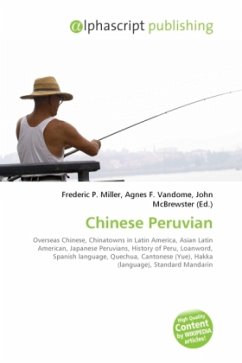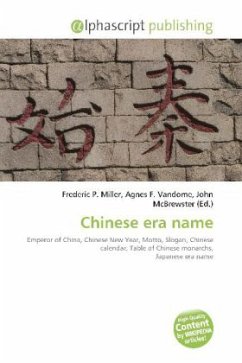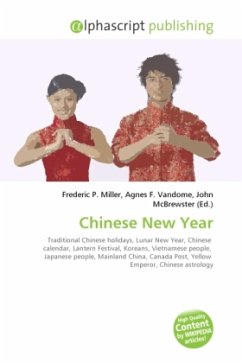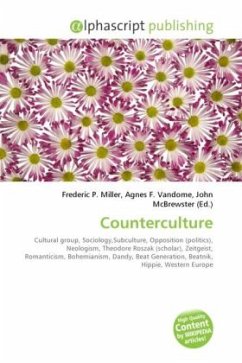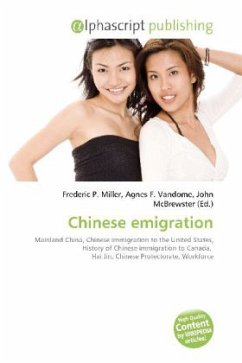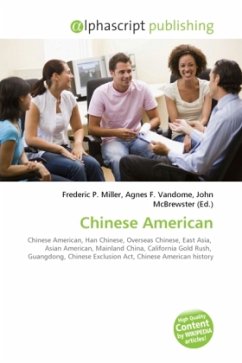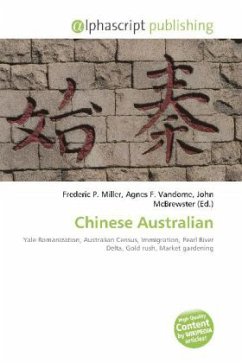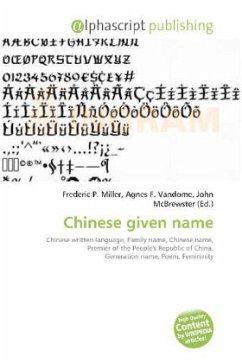
Chinese given name
Versandkostenfrei!
Versandfertig in 6-10 Tagen
26,99 €
inkl. MwSt.

PAYBACK Punkte
13 °P sammeln!
Please note that the content of this book primarily consists of articles available from Wikipedia or other free sources online. Chinese given names are generally made up of one or two characters, and are written after the family name, therefore "John-Paul Smith" as a Chinese name would be "Smith John-Paul". Chinese names can consist of any character and contain almost any meaning. Unlike the Western convention, it is extremely frowned upon to name a person after someone else, and cases where people have the same name are almost universally the result of coincidence rather than intention. The c...
Please note that the content of this book primarily consists of articles available from Wikipedia or other free sources online. Chinese given names are generally made up of one or two characters, and are written after the family name, therefore "John-Paul Smith" as a Chinese name would be "Smith John-Paul". Chinese names can consist of any character and contain almost any meaning. Unlike the Western convention, it is extremely frowned upon to name a person after someone else, and cases where people have the same name are almost universally the result of coincidence rather than intention. The common Western practice of naming the children after their parents, ancestors, or historical figures is almost a taboo in Chinese culture (a notable exception to this is Li Xiaopeng, son of former Premier of China Li Peng, whose name literally means ''Li Peng, Jr.''). In some families, the first of the two characters in the personal name is shared by all members of a generation and these generation names are worked out long in advance. In some families there is a small number of generational names through which are cycled. Together, these generation names may be a poem about the hope or history of the family.



